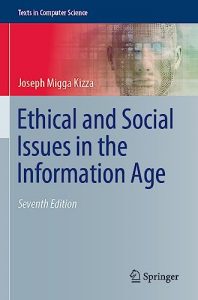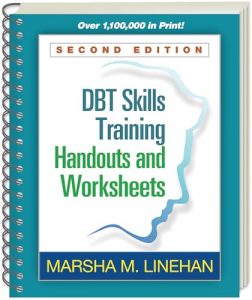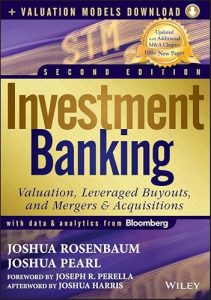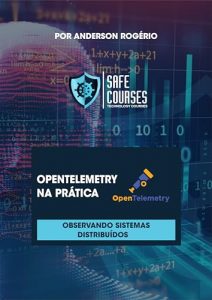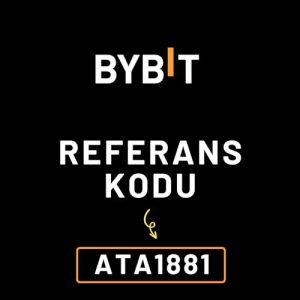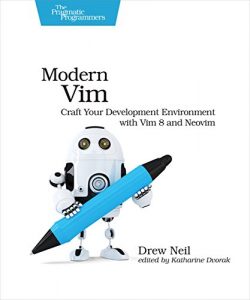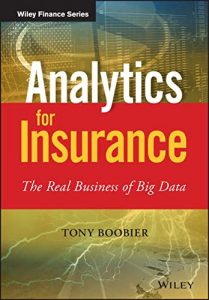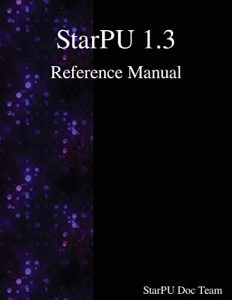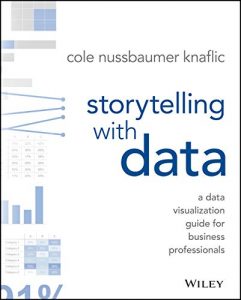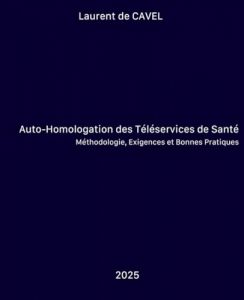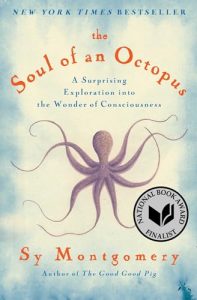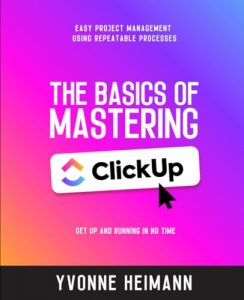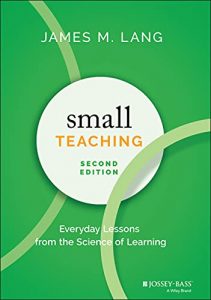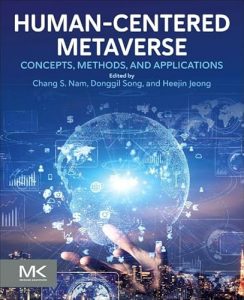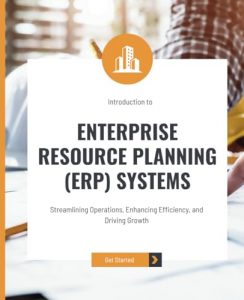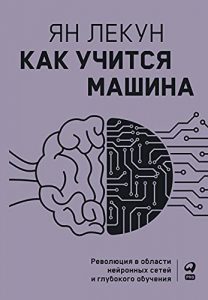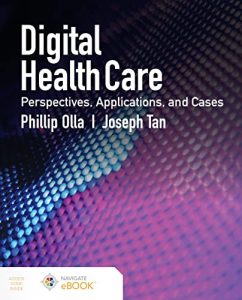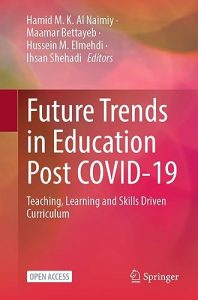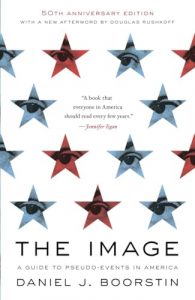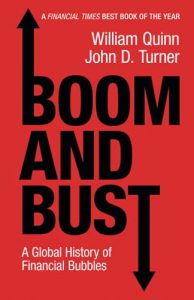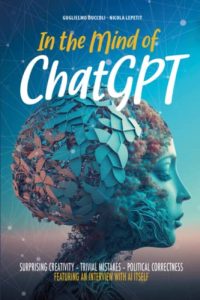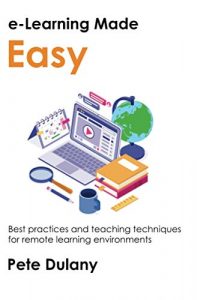Introduction
In an era where technology is constantly evolving, mastering programming languages is crucial for both budding coders and seasoned developers. Whether you’re looking to grasp foundational concepts or dive into modern paradigms, this list compiles ten indispensable books that will enrich your programming knowledge.
1. Programming Languages: Principles and Paradigms
Authored by Maurizio Gabbrielli and Simone Martini, “Programming Languages: Principles and Paradigms” delves into the core concepts behind various programming languages. The book is structured to introduce programming principles alongside real examples that demonstrate the application of these concepts. It’s a thoughtful guide for understanding not just the syntax, but also the theoretical underpinnings of programming languages. This book is perfect for undergraduate students or anyone looking to solidify their programming fundamentals.
2. Modern Programming Languages: A Practical Introduction
In “Modern Programming Languages: A Practical Introduction” by Adam Brooks Webber, readers are guided through the exciting landscape of contemporary programming. This book simplifies complex concepts, making it accessible for novices while still valuable for experienced programmers wanting to learn new languages. Its practical approach and clear explanations ensure that readers not only learn how to code but also how to think like programmers, which is essential in today’s tech-driven world.
3. Concepts of Programming Languages, Global Edition
Robert Sebesta’s “Concepts of Programming Languages” promotes a comprehensive overview of both the principles of programming languages and their practical implications. The latest global edition ensures that it remains relevant with contemporary examples and case studies. It’s a quintessential read for both students and professionals who wish to deepen their understanding of programming concepts across different languages and paradigms.
4. Code: The Hidden Language of Computer Hardware and Software
Charles Petzold’s “Code: The Hidden Language of Computer Hardware and Software” is an enlightening exploration of the foundational concepts that power computing. Petzold takes readers through the journey of how software interacts with hardware, making it an excellent read for programmers who wish to understand the underlying systems that drive their applications. With engaging illustrations and clear explanations, this book demystifies the hidden layers of technology.
5. Programming Languages
Samuel N. Kamin’s “Programming Languages” serves as a structured introduction to programming language principles. This text highlights various programming languages’ strengths, weaknesses, syntax, and semantics, allowing readers to appreciate each language’s unique design. It’s a thoughtful resource for students aiming to build a solid foundation in programming fundamentals.
6. Python Programming Language QuickStudy Laminated Reference Guide
For those looking for something concise and practical, Berajah Jayne’s “Python Programming Language QuickStudy Laminated Reference Guide” is an excellent resource. It provides quick access to Python programming concepts and functions, making it perfect for on-the-go revision or quick references. Whether you are a beginner or an advanced programmer, this guide will aid in your Python programming journey.
7. Programming Languages
Tucker and Noonan offer insights into “Programming Languages” that are both rich in details and breadth. Their collaborative work emphasizes the critical aspects of different programming languages while introducing practical examples. This book is tailored for those who aspire to learn programming comprehensively and will serve well in both academic and professional settings.
8. Programming Languages: Concepts and Implementation
“Programming Languages: Concepts and Implementation” by Saverio Perugini is a deep dive into the logical foundations and implementations of various programming languages. This book offers students and aspiring professionals a detailed view of how programming languages are designed and executed on computers. Its in-depth analysis makes it a must-read for those wanting to fine-tune their programming skills.
9. Build a Large Language Model (From Scratch)
Scheduled for release soon, Sebastian Raschka’s “Build a Large Language Model (From Scratch)” offers cutting-edge insights into how to create vast language models from the ground up. With deep learning transforming the AI landscape, this book is a timely read for programmers and data scientists eager to learn practical applications of natural language processing and model deployment strategies.
10. CONCEPTS OF PROGRAMMING LANGUAGES, 12TH EDITION
Robert W. Sebesta’s “CONCEPTS OF PROGRAMMING LANGUAGES, 12TH EDITION” remains a staple in programming literature. This edition reflects the latest trends in programming and incorporates new methodologies that are shaping the future of coding. Whether you’re a student or a seasoned developer, this book provides vital knowledge of concepts that every programmer must grasp.
Conclusion
These ten books represent just a glimpse into the world of programming literature. Each offers unique insights and valuable knowledge for programmers at any stage in their careers. Investing time in these reads will undoubtedly sharpen your skills and broaden your understanding of programming languages.















